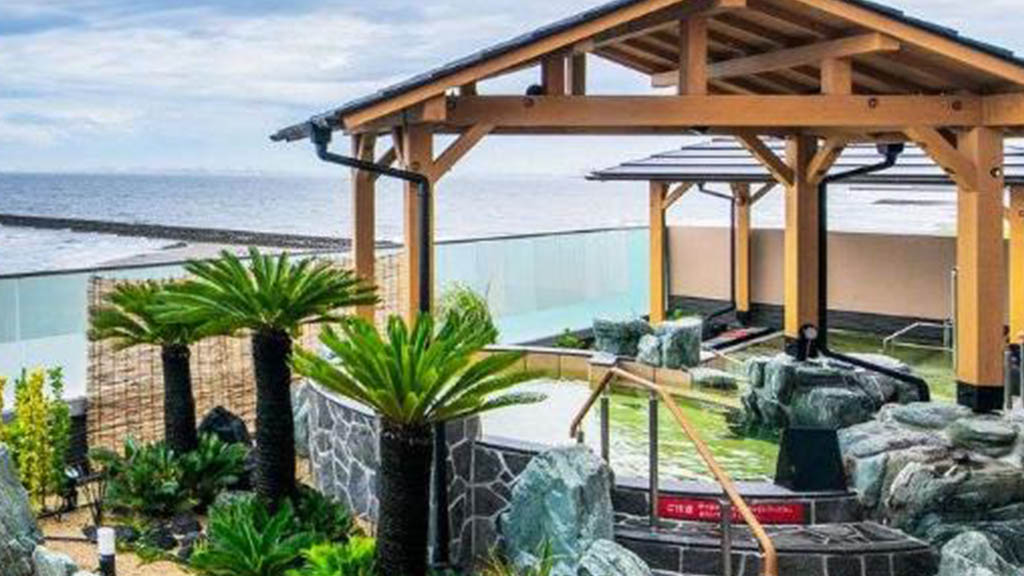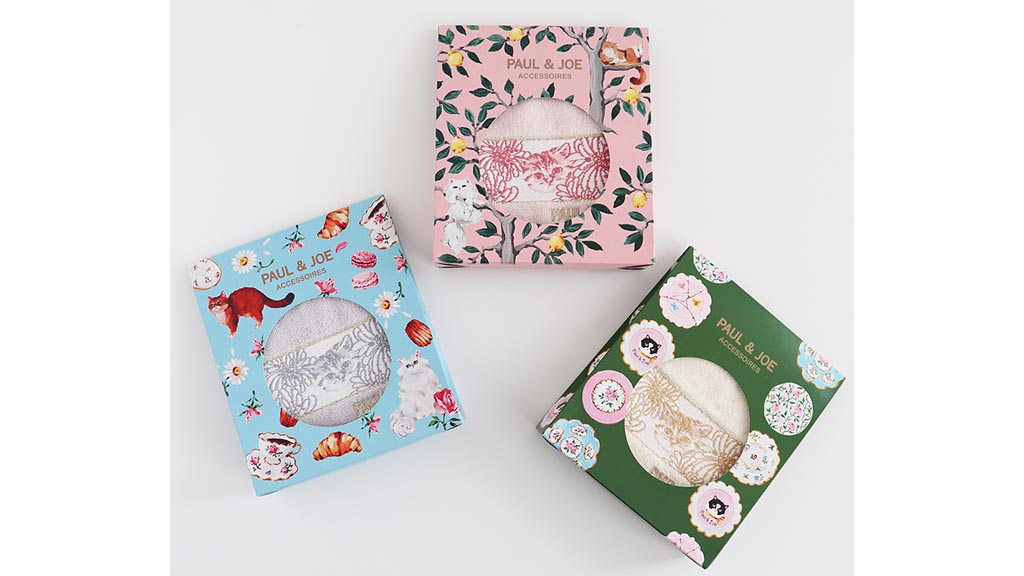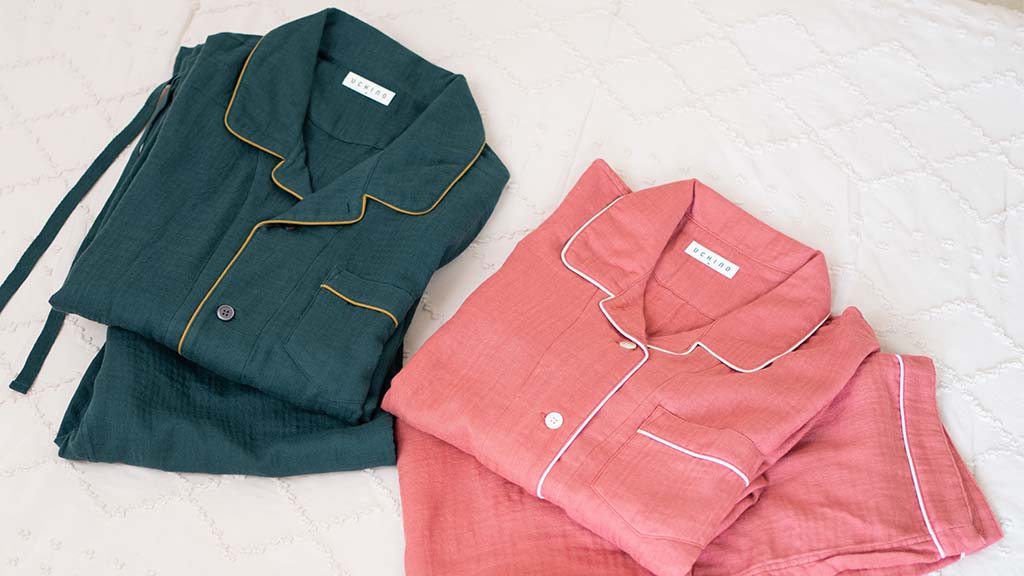Maximum of 9 days consecutive holiday?! When does “O-bon” start and end in 2019?
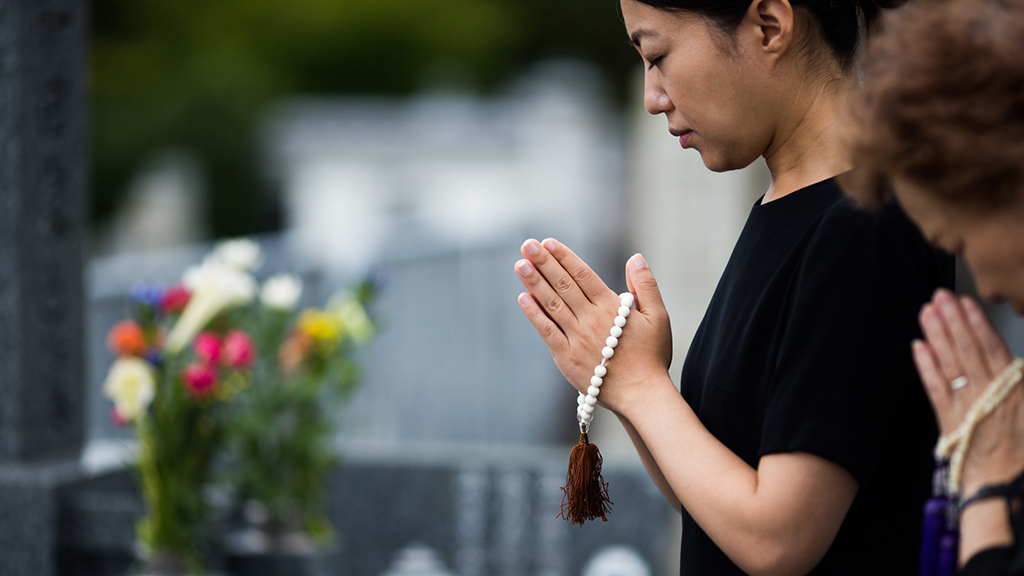
This post is also available in 日本語
In Japan, in addition to National and Public Holidays, there are certain periods where many people take time off, such as the end/start of the year and “O-bon”. Many companies determine these periods to be “special holidays”.
For this year, “O-bon” is from the 13th to the 16th of August, and depending on the company, this may end up being a huge 9-day consecutive holiday. I shall introduce you to the “O-bon” schedule for 2019 and the practices of “O-bon”.
Contents
What is “O-bon”?
“O-bon” is thought to be when the ghosts of our ancestors and the deceased return. For this reason, there is the practice of greeting the ghosts and making offerings to them. Although the period for “O-bon” differs depending on the region, looking nationwide, most regions tend to use August 15th as the reference date.
Period of “O-bon”
The O-bon period differs depending on the region. Looking nationwide, using “August bon/Kyubon (old bon)” with August 15th as the reference date appears to be mainstream, but there are other regions that use July 15th as the reference date. When companies establish a special holiday, there is the trend to use “Kyubon” as the reference point.
“O-bon” in 2019 could involve up to 9 consecutive holidays
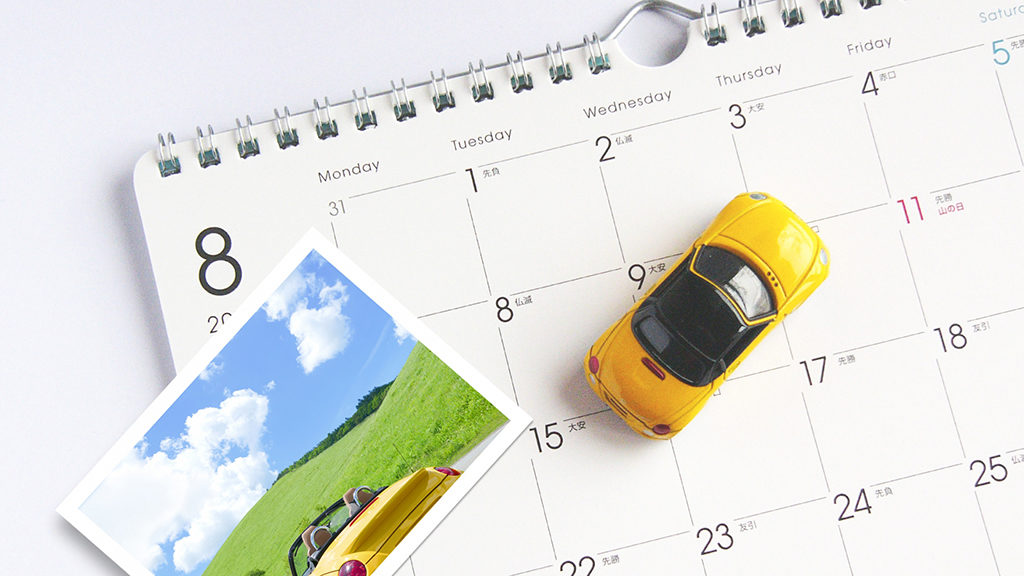
| August 10 | Saturday |
| August 11 | Sunday |
| August 12 | Compensatory holiday (National Holidays Law) |
| August 13 | This is “O-bon” holiday if your company has established a special holiday. |
| August 14 | |
| August 15 | |
| August 16 | |
| August 17 | Saturday |
| August 18 | Sunday |
“O-bon” in 2019 is from August 13th (Tue) to 16th (Fri). Additionally, as August 11th (Sun) falls on the national holiday of “Mountain Day”, the following day of August 12th (Mon) is a compensatory holiday.
If we add the weekends at the beginning and end to this, this may become a maximum 9-day consecutive holiday, from August 10th (Sat) to 18th (Sun).
Check the holidays!
“O-bon” is not a public holiday, so normally, banks, post offices, and city offices will remain open. However, as August 12th is a compensatory holiday, this will be a holiday.
As this is the time that the tourist industry, leisure facilities, transportation bodies, and commercial facilities make their money, they will generally not close. However, general medical institutions may close at that time.
Additionally, in the case of companies, the response by each company will be different. Even if the company is actually operating, they may shift times or allow staff to take summer holiday separately.
As we enter August, be sure to check the holidays of your local hospital, facilities and stores you wish to use, and your client representatives.
“O-bon” is the high season for travel
Originally, “O-bon” break was a time set for the purpose of greeting and making offerings to the ghosts of family, relations, and ancestors, However, recently, the number of people travelling with family and friends is increasing. As “O-bon” may be as long as a 9-day consecutive holiday this year, the number of people embarking on domestic and overseas trips is expected to increase more than usual. If you have not made a plan yet, you should probably do this as quickly as possible.
Some “O-bon” customs you should know
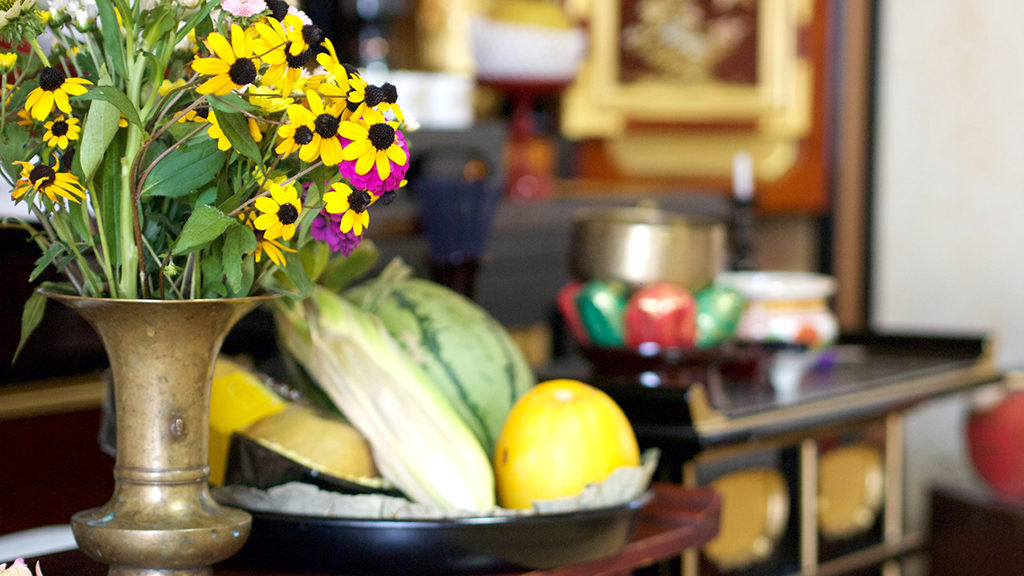
Preparations for greeting your ancestors
Clean Buddhist altars and graves by the 12th.
By the morning of the 13th, place “Shoryodana (spirit shelf), Bondana (O-bon shelf)” before the Buddhist altar. Move the mortuary tablet and equipment from the Buddhist altar to the Shoryodana, and present fruit and confectionery as offerings.
Visit graves on the morning of the 13th.
Shoryouma (ethereal horse) and Shoryoushi (ethereal cow)
You decorate the Shoryodana with “Shoryouma” and “Shoryoushi” as vehicles used to bring your ancestors. If you want the vehicle collecting them to come quickly, point a “horse”, which has fast legs, created with cucumber toward the inside of the home. If you want the collecting vehicle to return slowly, you make the slow-legged “cow” out of eggplant, and point this towards the outside of the home.
Mukaebi (greeting fire) / Okuribi (send-off fire)
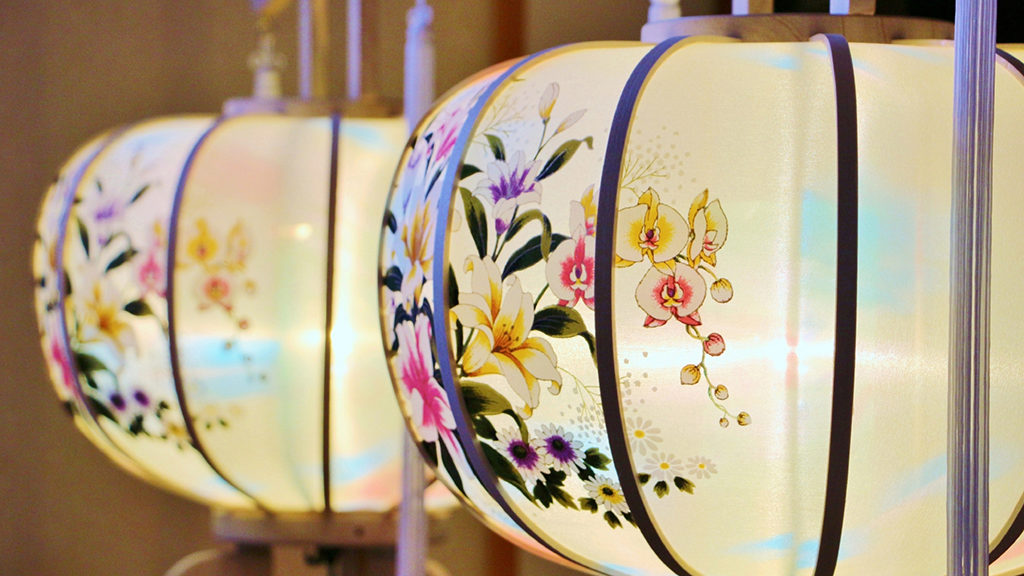
On the evening of the 13th, light a greeting fire so that your ancestors do not get lost.
On the afternoon of the 16th, light a send-off fire to send off your ancestors to the place with the greeting fire.
[How to do the greeting fire and send-off fire]
Burn “Ogara” (hemp with the bark removed) on a plate known as a “Horoku” in the entrance to the house. When you can no longer use the fire, use a “Bonchochin” that shines with electricity.
- If You Wonder What Should Give a Gift, This Is the Best Choice! Cool Packaged Handkerchiefs!
- Apply on UV Cream Without Getting Your Hands Dirty! Why not Have This Handy Puff?
- So Popular Character “Chiikawa” Cheers You Up! Improve Your Arched Back!
- If You Want to Improve Your Sleep Quality, You Should Change Your Pajamas! 3 Recommended Pajamas
- Conveniently 2-Way! This Product Is Useful in Both Summer and Winter.





